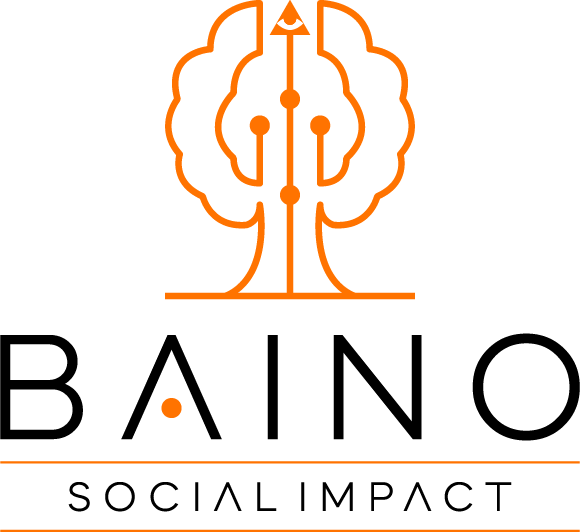WPI is a participatory process of investing in women.
Equality is a fundamental human right, a call for everyone to be treated equally regardless of differences in social affiliation.
Historically, women and girl-children have typically been placed in disadvantaged positions. However, it is now common knowledge, as scholars and researchers have illustrated repeatedly, that enabling equal access to opportunities for women is essential to the health and social development of societies and countries.
It’s apparent that everyone is equally important, needed, and belongs to this vision for the Busoga region to achieve its set objective. Therefore, Women Practical Inspiration is an essential sustainable development project that needs immense attention.
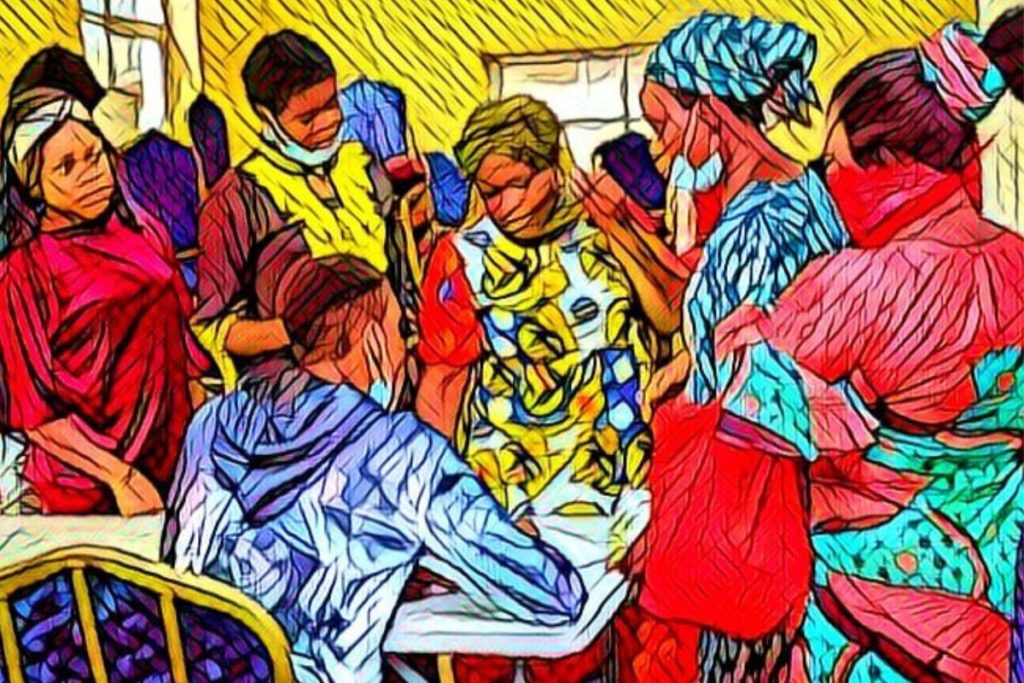
As much as the entire Busoga region feels it has been neglected and now needs productive support, the WPI project focuses on how women and girl-children can be supported to uplift their individual lives and, ultimately, that of their region.
One female’s support might be different from what the next one wants. However, everyone can be treated equally regardless of their needs or other differences.
The “Women Practical Inspiration” project in the Busoga region must operate with this awareness at the forefront. It’s a project that should seek to build valuable resources and a straightforward process through which all women are encouraged to use them.
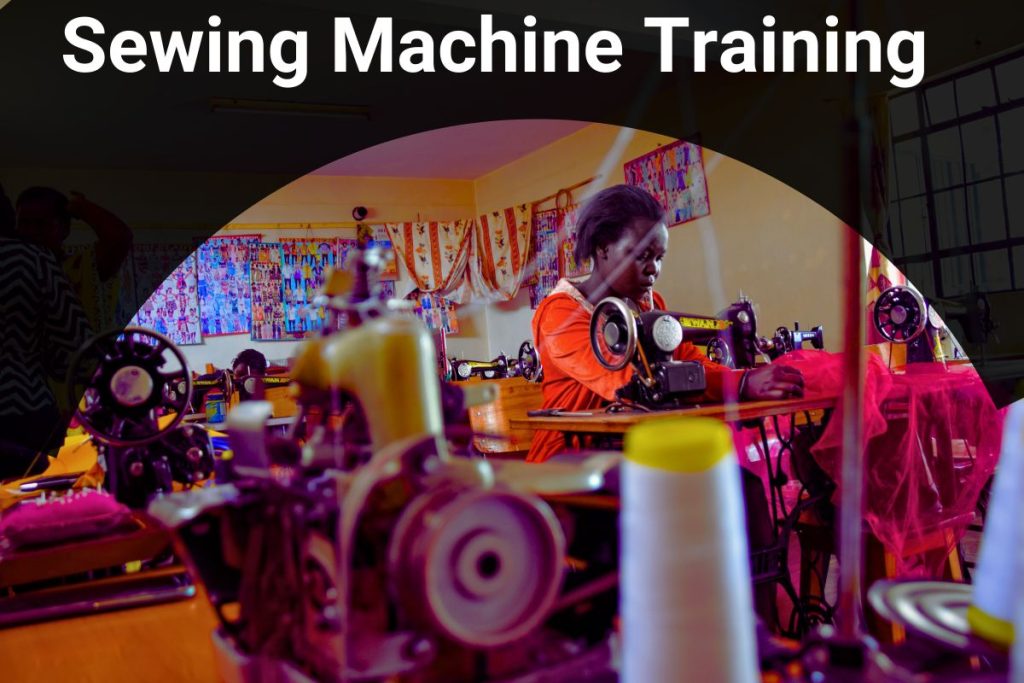
WPI should invest in women and empower them to participate in all meaningful life scopes that can influence change. This does not mean that men in the Busoga region are in an all-empowering position. They, too, deserve unique projects designed to address their specific challenges.
In education and training for practical inspiration, women must be equally involved and become part of the agents that can influence generations.
Education, in particular, allows people to expand, improve their self-worth, and realise their exceptional potential.
The economic, practical inspiration involves building the capacity of women to accumulate productive assets and resources. This requires opportunities to earn income, access to meaningful positions of influence, and participation in critical economic decision-making operations at all levels.
The political, practical inspiration involves enabling and encouraging women’s involvement and representation in all political structures and formal decision-making processes.
The objectives of WPI are imperative. Their significance should be maintained and protected from becoming just trendy buzzwords thrown around by the media.
As with any other social problem dragging the region down, WPI demands to be approached as a general challenge affecting us all as a collective unit and not to be treated as a battlefield of gender relations.
WPI requires a participatory process to facilitate a conversation about productivity and household well-being. This approach will help build a fair environment that supports transformative work with an extensive options beyond what we can currently imagine.
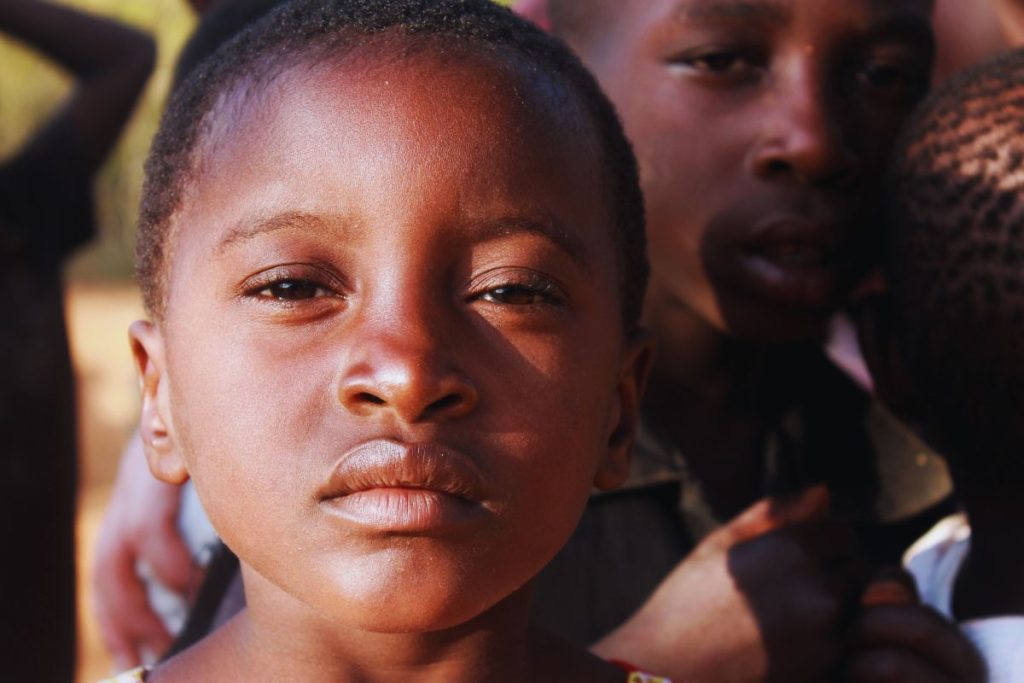
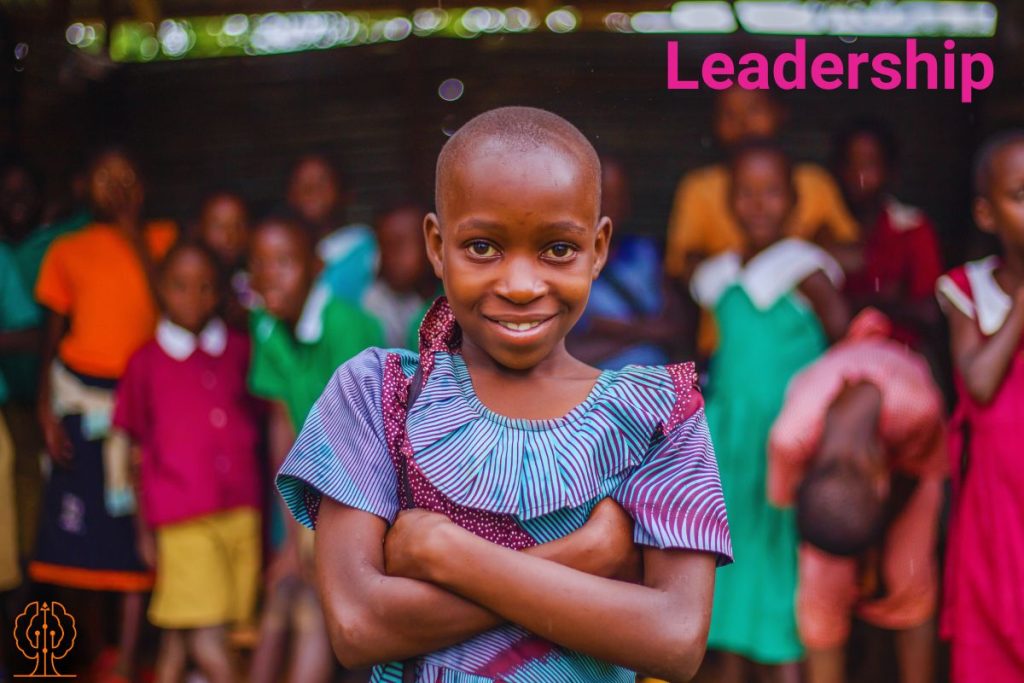
The measure of this project’s success under the societal norms that have been unfair to women and girls can best be examined in a dialogue. All the actions supporting this project should be geared towards building and helping procedures that involve women in decision-making processes, especially about issues that affect them.
In practice, usually, there is a gap between development programs and reality. No one can best bridge that gap like the predominant actors themselves: those who live the context and are integral to aspirations.
This is the consciousness that all women must comprehend, especially regarding their challenges and how they are closely tied to the political and economic landscape of the country and their respective communities.
